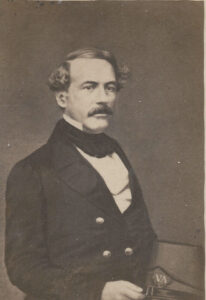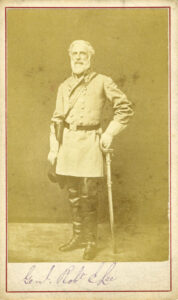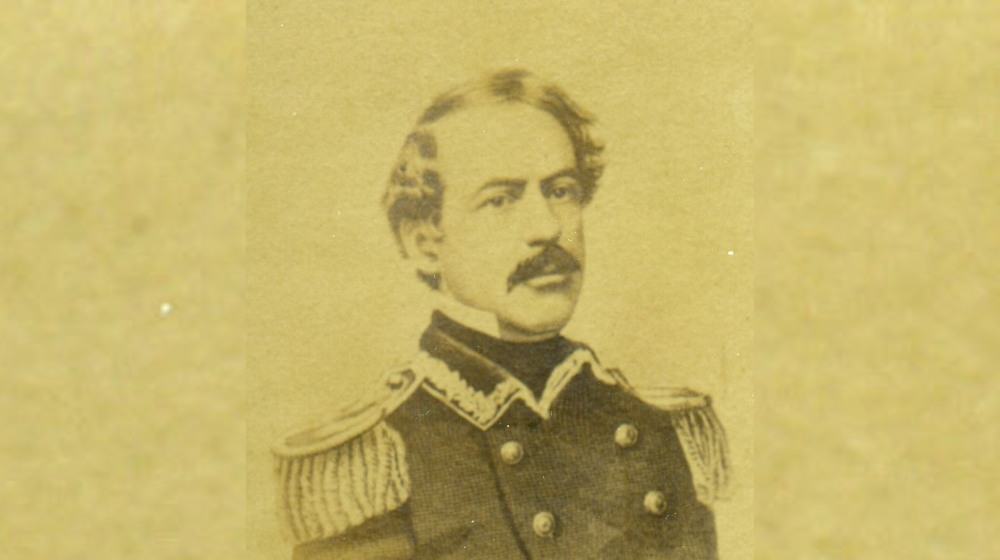April 20, 1861: Robert E. Lee Resigns From The U.S. Army To Go With His Home State Of Virginia.
You are there: After the fall of Ft. Sumter, both President Lincoln and head of the U.S. Army Winfield Scott hope to convince Robert E. Lee to become Commander of the Union troops.
Lee is 59 years old at the time and son of “Lighthorse Harry” Lee, a Major General of Dragoons during the Revolutionary War. His wife is Mary Randolph Custis, daughter of Washington’s stepson, and heir to the couple’s Arlington Hill mansion. Lee has already led a storied career: second in his West Point class; Scott’s go-to military engineer during the war with Mexico; Superintendent of WP; field command in Texas; leader of the Virginia militia that captures
John Brown at Harper’s Ferry; full U.S. Army Colonel.
On April 18, 1861, Lincoln sends political scion Francis Blair Sr. to Lee with the offer of overall command of the Union defense of Washington. It is one day after his home state declares its secession, and Lee tells Blair that he would first like to discuss the matter with fellow Virginian General Scott. After their meeting, Lee writes a letter to Scott on April 20 announcing his decision:
Genl, Since my interview with you on the 18th Inst: I have felt that I ought not
longer to retain any Commission in the Army. I therefore tender my resignation
which I request you will recommend for acceptance. It would have been presented
at once but for the struggle it has Cost me to separate myself from a Service to
which I have devoted all the best years of my life, & all the ability I possessed.
During the whole of that time, more than a quarter of a century, I have experienced
nothing but kindness from my superiors & the most Cordial friendships from any
Comrades. To no one Genl have I been as much indebted as to yourself for kindness &
Consideration & it has always been my ardent desire to merit your approbation. I
shall carry with me, to the grave the most grateful recollections of your kind Consideration,
& your name & fame will always be dear to me. Save in the defense of my native state
shall I ever again draw my sword. Be pleased to accept wishes for “the Continuance of
your happiness & prosperity & believe me.
Most truly yours,
R E Lee
Upon receiving the news, a saddened Scott tells Lee: “you have made the greatest mistake of your life.” On April 22, 1861 Lee is in Richmond and accepts an appointment as Major General of Virginia’s state troops. Of the eight U.S. Colonels from Virginia prior to the war, Lee becomes the only one to enlist in the Confederate Army.
Contrary to popular belief, Lee’s rank is only the third highest in the Confederacy (behind Samuel Cooper and A.S. Johnstone) and he does not become Commander of the Army of Northern Virginia until June 1862 or General-in-Chief until February 1865, just two months before the end of the war. But between 1861-65, it is Lee’s singular strategic genius and leadership capacity that allows the vastly under-resourced southern army to win battle after battle up to the surrender at Appomattox.
Three Faces of Robert E. Lee



